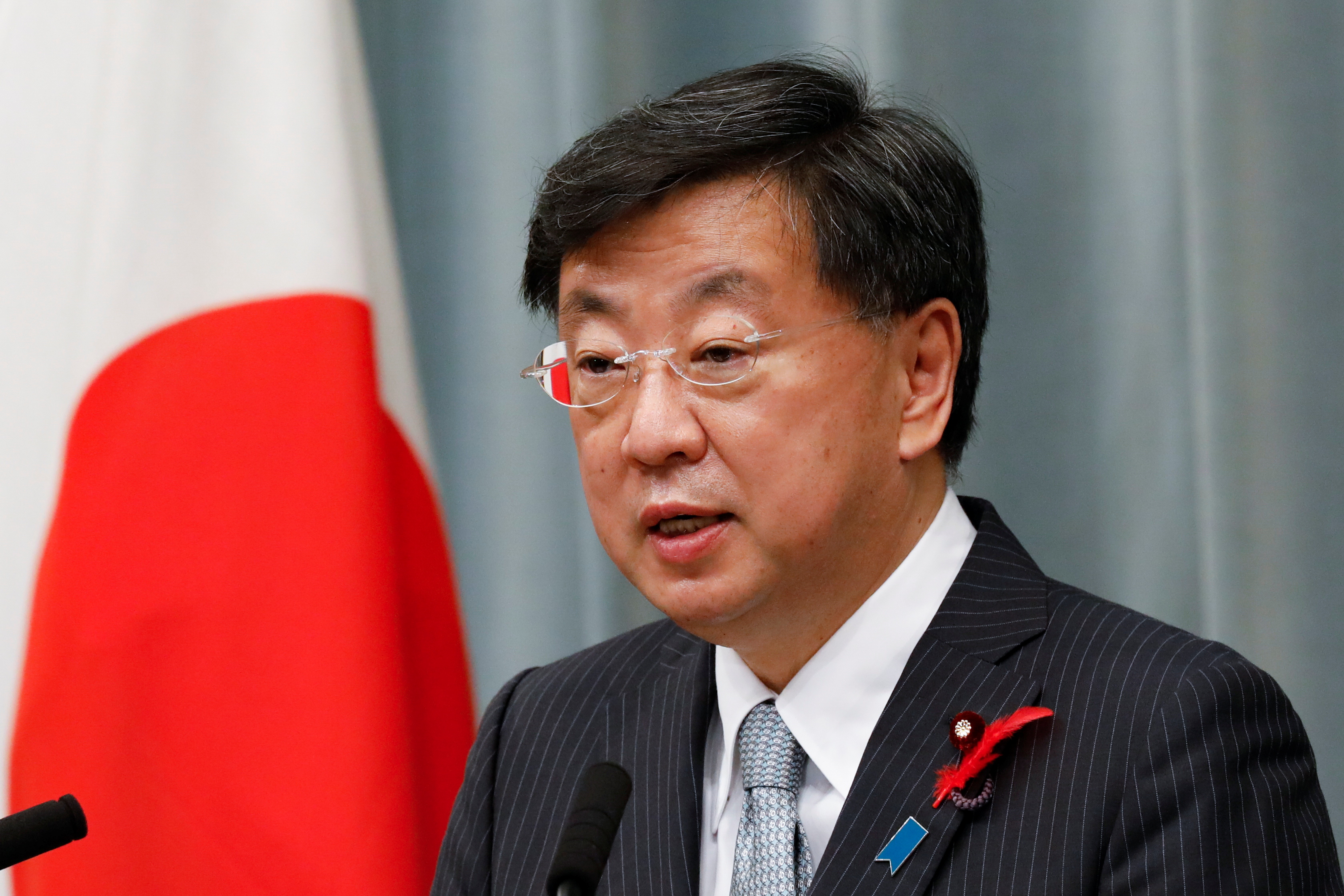Huobi’s co-founder Leon Li is apparently in negotiations to sell the majority of his shares in the company, which may be worth over $1 billion.
According to Bloomberg, Li reportedly held talks with a number of investors about selling a 60% share in the cryptocurrency company, which may be worth more than $1 billion and, according to some, as much as $3 billion.
Without going into specifics, a Huobi representative told Bloomberg that the co-founder is in talks to sell his controlling stake in the cryptocurrency exchange with a number of global juggernauts. Li reportedly told the company’s other investors about his choices at a shareholder meeting in July of this year. Li has given Hua Zhu the CEO responsibilities so he can concentrate on his health.
FTX and Sun to invest in Huobi?
According to the Bloomberg story, Justin Sun, the founder of Tron, and the global cryptocurrency exchange FTX were among the initial investors in discussions with the co-founder of Huobi. At the time of publication, Huobi had not responded to Cointelegraph’s requests for comments.
The purchase might be completed by the end of this month, according to the article. Once completed, it may rank among the largest transactions since the upheaval that began in the crypto market in May of this year.
For crypto goliaths like FTX, who have pledged $1 billion to the rescue of crypto exchanges battling to stay afloat due to significant losses and a lack of money, the market slump has also turned into an opportunity.
However, Sun took to Twitter to deny his involvment.

Huobi, which was established in 2013, now represents a daily trading volume of more than $1 billion. After BTCC was shut down, the cryptocurrency exchange rose in popularity and quickly became the main location for Chinese cryptocurrency traders. After Beijing declared all cryptocurrency exchanges illegal and forbade foreign exchanges from providing their services, the exchange eventually stopped serving Chinese users.
Since the Chinese government’s ban, Huobi has significantly increased its global presence by obtaining licences in Dubai and New Zealand, as well as one from the United States Financial Crimes Enforcement Network (FinCEN).









